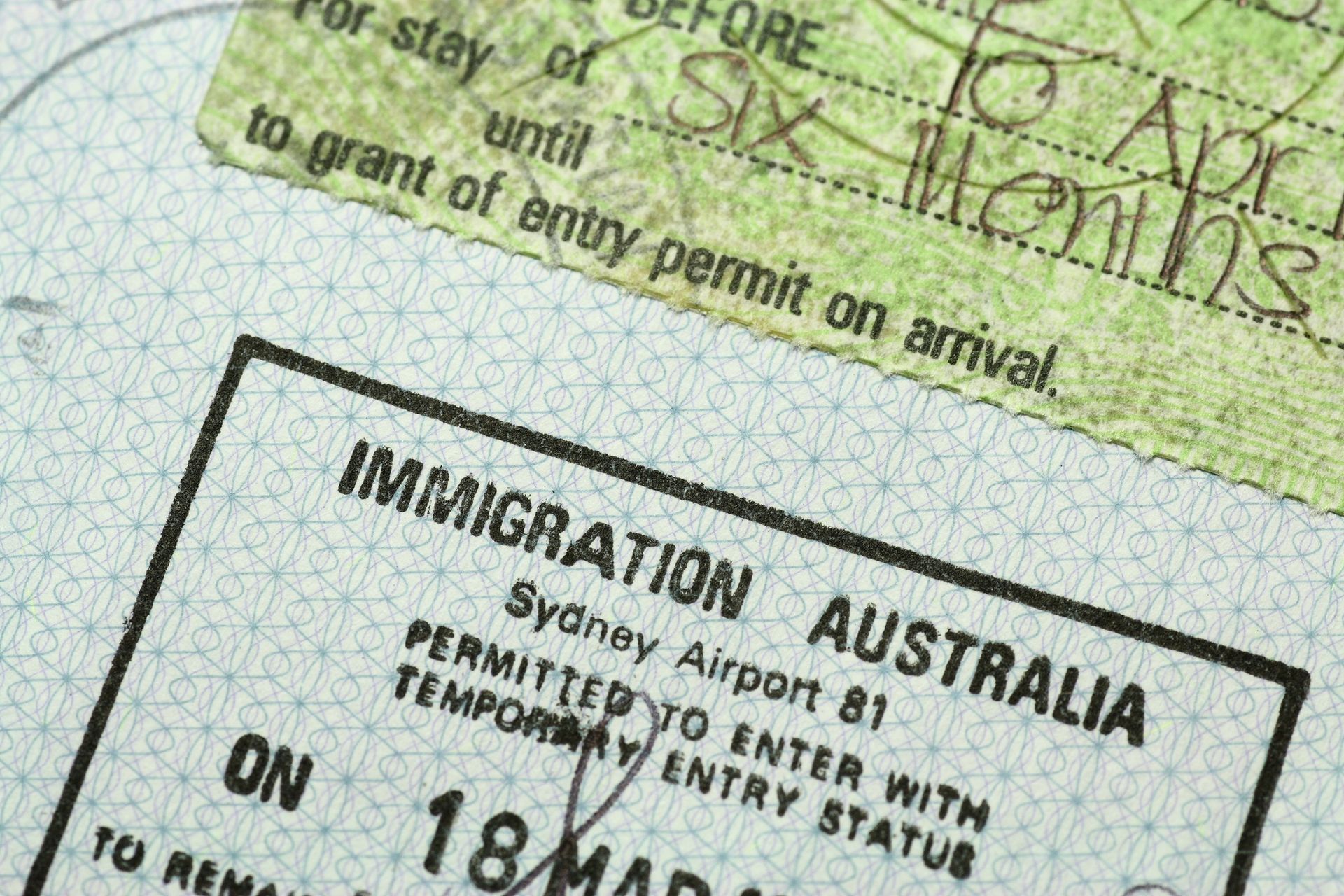Payroll Tax and Discretionary Trusts – Check your Trust Deed
Amy Harper, Partner • April 3, 2017
Payroll tax is applied to a business’ New South Wales wages that exceed the payroll tax threshold (for the financial year of 2016-17 this is $750,000).
However if a business is determined to be part of a ‘group of businesses’ then there is only the single payroll tax threshold for all of the businesses in the group and each business is jointly and individually liable for the payroll tax.
Grouping and common control
The Payroll Tax Act (NSW) 2007 sets out a number of ways that businesses can be grouped. This includes where the businesses are considered to be ‘commonly controlled.’ A controlling interest will occur when a person or persons together have a controlling interest of more than 50% across different entities.
In addition to the more commonly understood concept of ‘control’ (such as being the owner of the business or in the case of a company holding more than 50% of the voting rights or ability to control more than 50% of the board of directors) each beneficiary of a discretionary trust is taken to have a controlling interest. This is the case whether or not that beneficiary has ever received any distribution or benefit under the discretionary trust.
Discretionary trusts
Today’s ‘shelf’ or standard discretionary trust deeds contain very broad classes of beneficiaries, often including relatives, companies and trusts of named beneficiaries. This can become a problem where there is a main operating entity paying wages over the threshold, and that entity is inadvertently deemed to have a controlling interest in one of its shareholders’ discretionary trusts because it is within the classes of beneficiary in the trust deed.
The result is that any wages paid by the discretionary trust may attract payroll tax, whether or not the wages paid by the discretionary trust alone are under threshold and the discretionary trust is also liable for the payroll tax applicable to the operating entity.
Review your trust deed
While there is the ability for a business to apply to be excluded from the group where it can provide evidence to substantiate that it is conducted independently and is not connected with any other group member, another alternative is to review your trust deed.
Depending on the terms of the trust deed, it may be possible to have:
1. the beneficiaries renounce or disclaim themselves as a beneficiary;
2. the trustee declare that certain beneficiaries are removed or added; and/or
3. the trust deed amended to reflect the needed beneficiaries.
Care needs to be taken to ensure that any of these actions are permitted and completely correctly as otherwise there can be significant adverse taxation and stamp duty consequences.
Kells can assist with trust deed reviews, trust deed variations and dealing with lost or defective trust deeds. If you need further information please contact us.

Kells has been delivering outstanding services and legal expertise to commercial and personal clients in Sydney and the Illawarra region for more than five decades. Our lawyers are savvy and understand your needs.
Subscribe
Want to get the latest articles and news delivered to your inbox?




